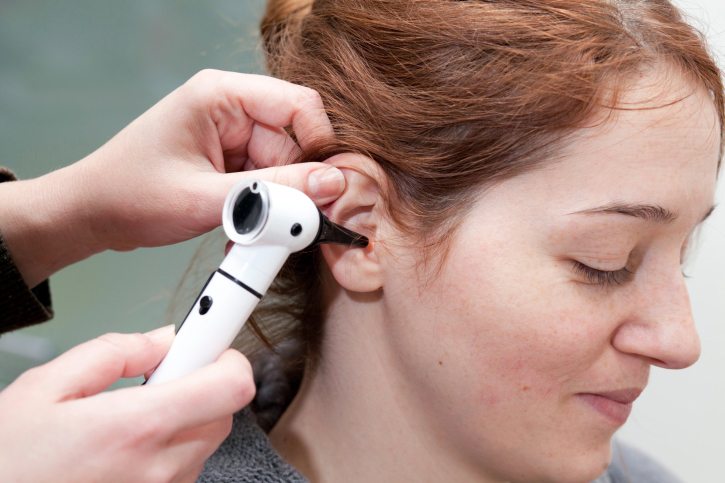Each year like clockwork we visit our eye doctors, dentists and optometrists to protect our vision, teeth and eyes.
But what about our hearing health?
As a rule, everyone should get their hearing checked every year. And, as the number of people with hearing loss increases, never before has this been more important to remember.
According to the Hearing Loss Association of America, hearing loss is the third most common physical condition after arthritis and heart disease. Yet, people often don’t take a proactive role in their hearing health until they – or their families – notice hearing loss.
This May, as we observe Better Hearing and Speech Month, we encourage members of the community to take an active role in their hearing health by making an appointment for a basic hearing screening. The process is easy – and many local hearing healthcare professionals offer the service for free.
And while we encourage everyone to consider getting screened, those who answer “yes” to any of the below should get their hearing screened as soon as possible:
- Are high-pitched voices such as a woman or a child’s difficult to understand?
- Have you used ear buds for more than a couple of years to listen to music?
- Is it difficult to hear or understand others in public places such as restaurants, theaters, stores, at your church or synagogue, or any place where the background noise level is increased?
- Does it seem to you that people mumble more than they used to?
- Do you often need to ask others to repeat themselves?
- Do people ask you to turn down the volume of the TV or radio?
- Do you strain to listen?
First, a hearing healthcare professional will sit and talk to the person to determine if there are any medical conditions – such as colds, ear wax, or even diabetes – which may be causing hearing loss. The professional will also talk about any signs of hearing loss that the patient might be noticing – such as ringing in the ears or always turning the television louder and louder.
Next, the person with a possible hearing loss receives a Pure Tone Audiometry test, where a machine called an audiometer is used to produce sounds at various volumes and frequencies. The person being tested simply listens for the sounds through headphones and signals when he/she hears something.
Finally, results are reviewed, in many cases during the same visit, to determine how much – if any – hearing loss one might have.
It is important to protect your hearing because in most cases, once you start to experience a loss, your hearing can’t come back. But, hearing loss is preventable. Here are just a few tips from the Arizona Commission for the Deaf and the Hard of Hearing on how to protect your ears and keep hearing loss at bay:
Keep the volume on televisions, music, radios and cell phones turned down to a moderate level.
Smoking toxins can negatively affect a person’s hearing ability. Don’t smoke.
Get your hearing and your child’s hearing checked routinely.
Wear ear plugs and other protective gear when operating noisy equipment.
Take regular breaks from loud noise – at least a10-minute break every hour.
Avoid unhealthy eating. A poor diet increases the chances of being diagnosed with diabetes and thus puts an individual at a greater risk of developing hearing loss.
For more information on the Arizona Commission for the Deaf and the Hard of Hearing, visit www.acdhh.org.




